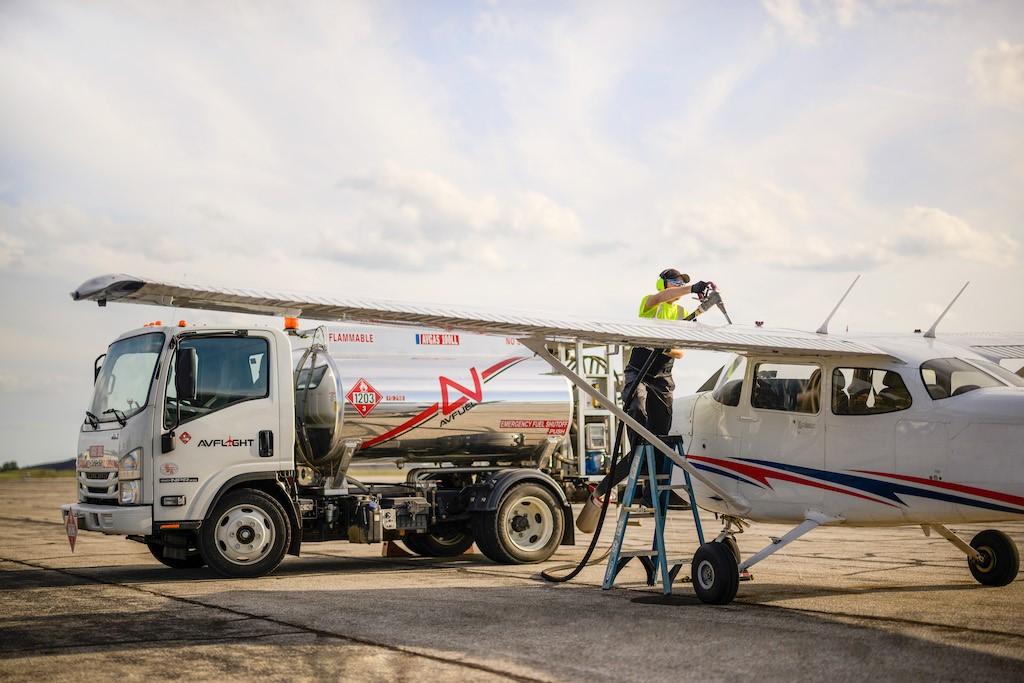
Credit: Avfuel Corp.
Leading independent fuel supplier AvFuel Corp. will help commercialize high-octane G100UL unleaded avgas developed by General Aviation Modifications Inc. (GAMI). Ann Arbor, Michigan-based AvFuel declared its support of GAMI’s fuel, which can replace leaded avgas burned by piston-engine aircraft, on...
Subscription Required
This content requires a subscription to one of the Aviation Week Intelligence Network (AWIN) bundles.
Schedule a demo today to find out how you can access this content and similar content related to your area of the global aviation industry.
Already an AWIN subscriber? Login
Did you know? Aviation Week has won top honors multiple times in the Jesse H. Neal National Business Journalism Awards, the business-to-business media equivalent of the Pulitzer Prizes.

